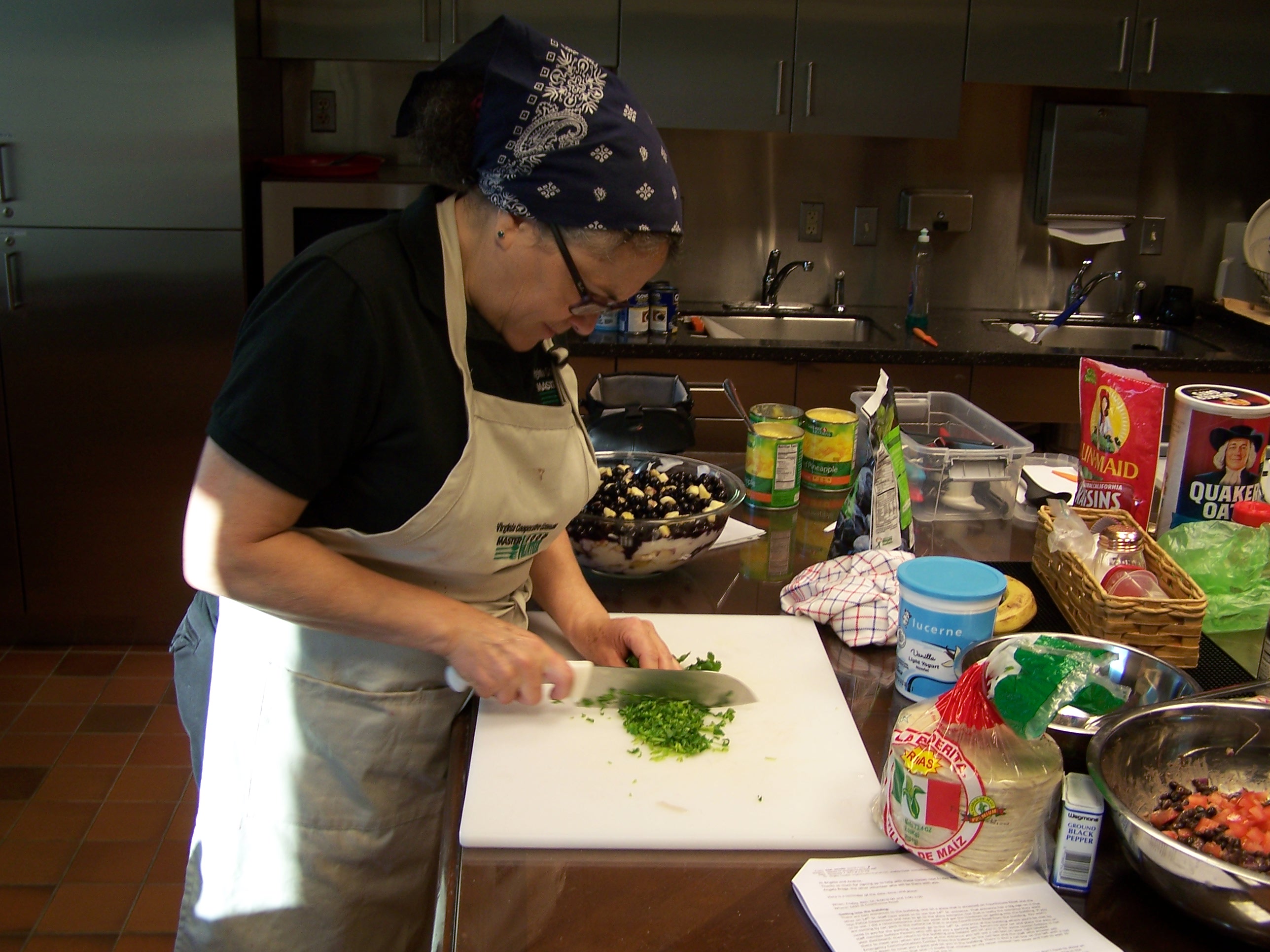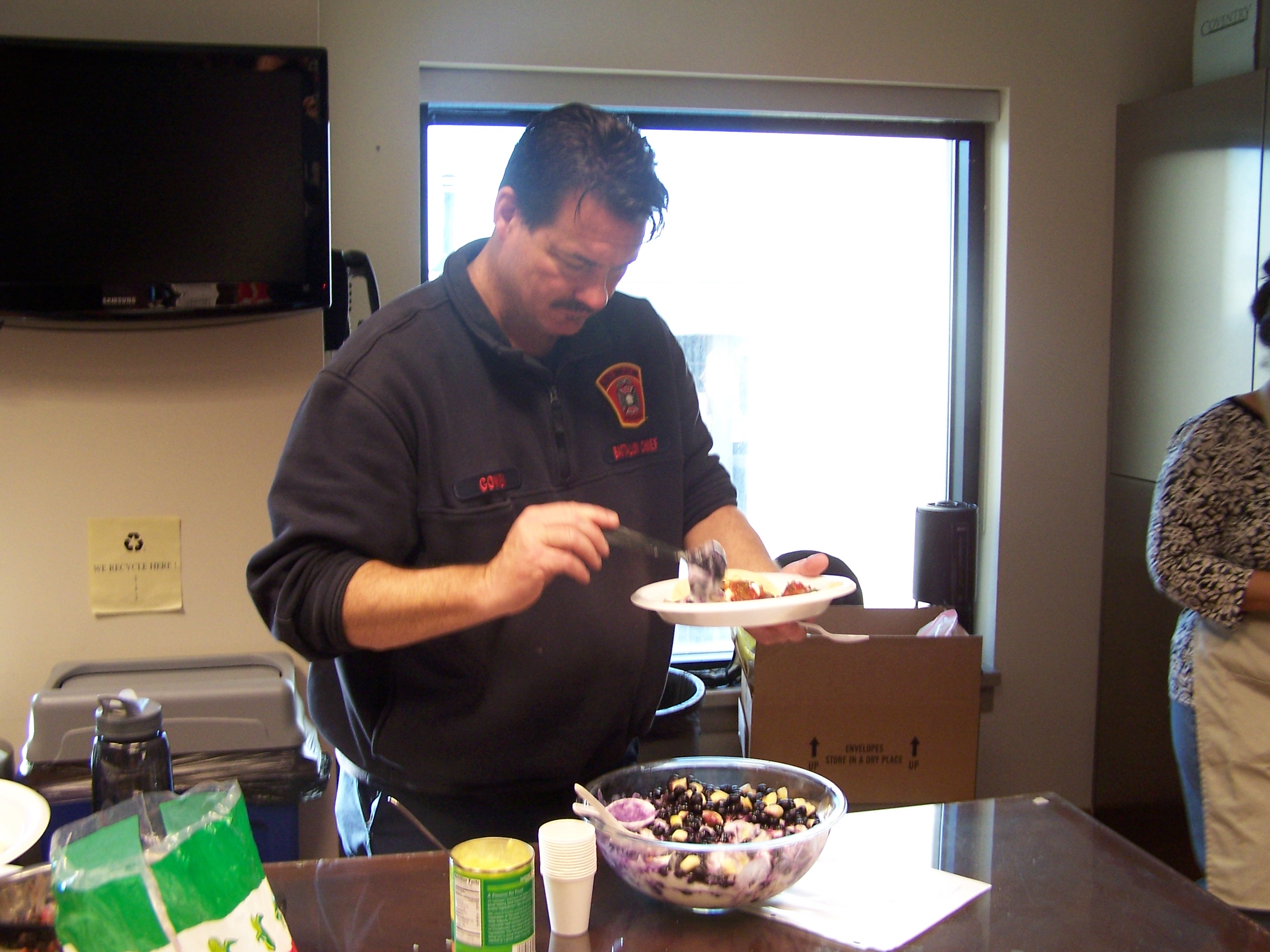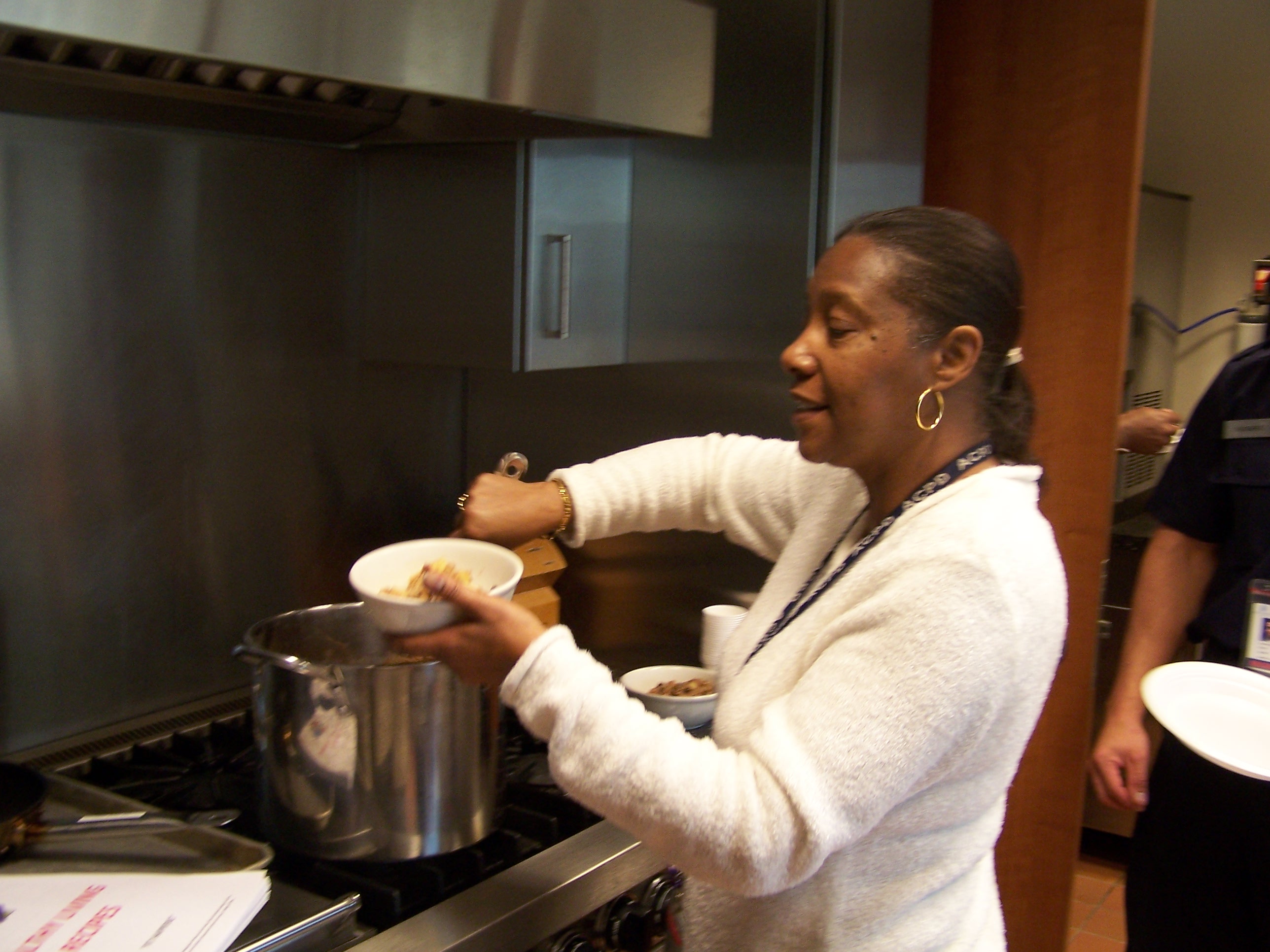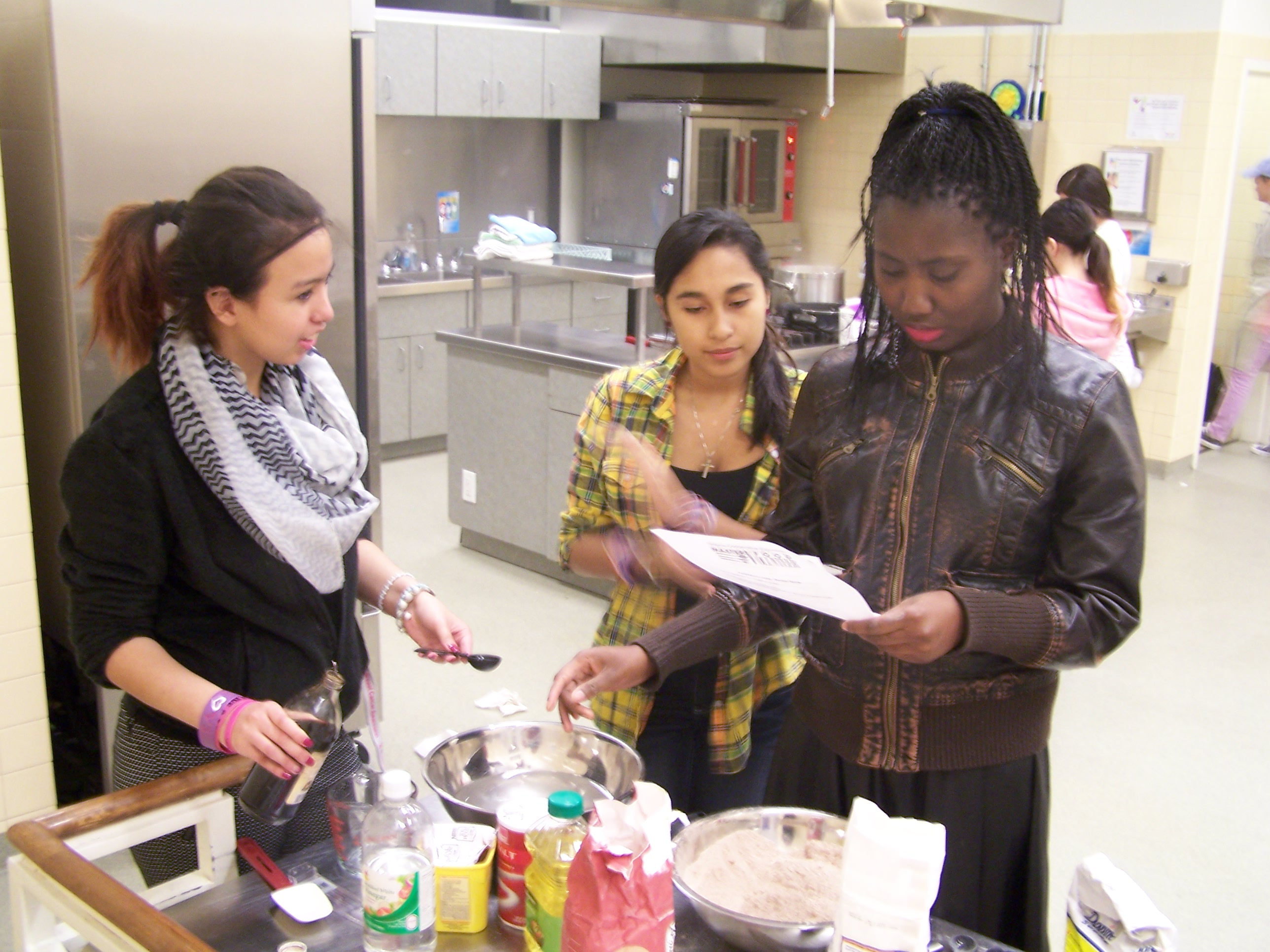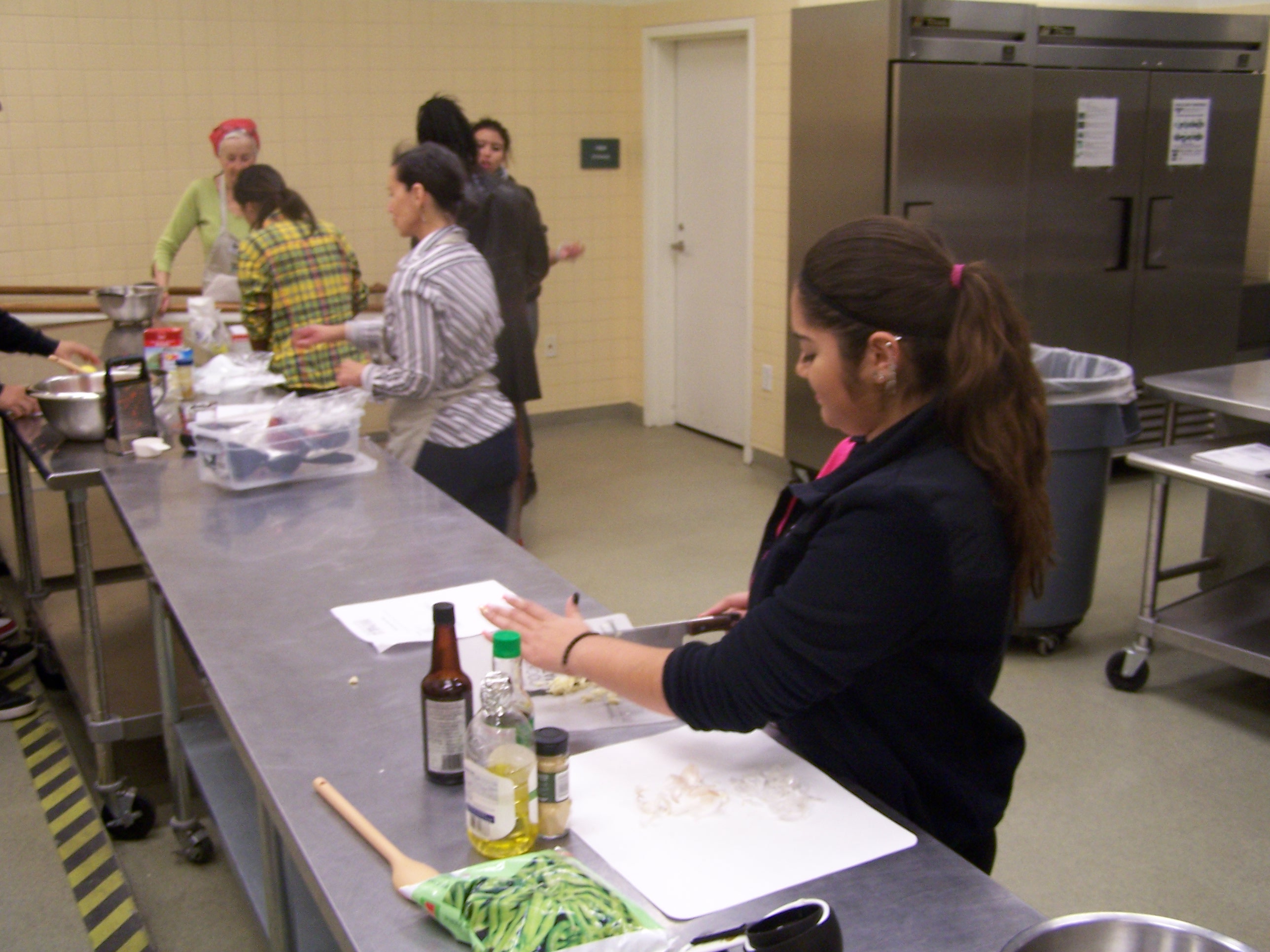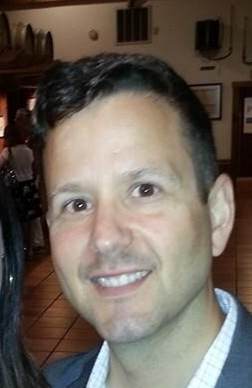In a post earlier this week we talked about the graduates from the first Money Smarts Pay program, a course that combines one-on-one financial coaching with money management classes. We are very excited about this new model for financial education because we believe it will be more effective at achieving long-term results for participants.
Because this program is so intensive and requires not only instructors for each of the classes but also an individual financial coach for each of the participants, it would be impossible without the help and dedication of our trained Master Financial Education Volunteers. The volunteer coaches meet twice with their clients each month during the three months of the program (for six in-person meetings) and call them twice a month in between in-person meetings to check on their progress. The instructors lead the classes and orient participants to the actions that they are expected to take and the expectations of the program.
In the first course at Arlington Mill Apartments volunteers Desiree Kaul, Shauna Dyson, and Nichole Hyter did an admirable job of encouraging their clients to take action steps to improve their finances. Their efforts paid off, with all of their clients reporting that they are saving money toward specific goals, cutting back on their spending, and creating and using a spending plan, and getting out of debt. Volunteer Emma Li joined this group during the middle of the course when one participant dropped out and a new one joined.
We are currently conducting the Money Smarts Pay courses at three other sites and want to extend special thanks to Desiree Kaul and Nichole Hyter who have taken on new clients after their first ones graduated. Desiree has also stepped up to serve as an instructor at one of the sites. Thanks to the following volunteers who are also serving as coaches: Felipe Bohorquez, John Bowen, Jay Dowling, Gerri Gerardi, Lenny Gonzalez, Star Henderson, Tom Hoopengardner, Katrin Kark (also an instructor), Edith Lam, Jose Olivas (also an instructor), Meggan Orenstein, Esperanza Powers, Patrick Sullivan, and Diana Yakob. Thanks so much to everyone for all the time they are putting in on this new program.

